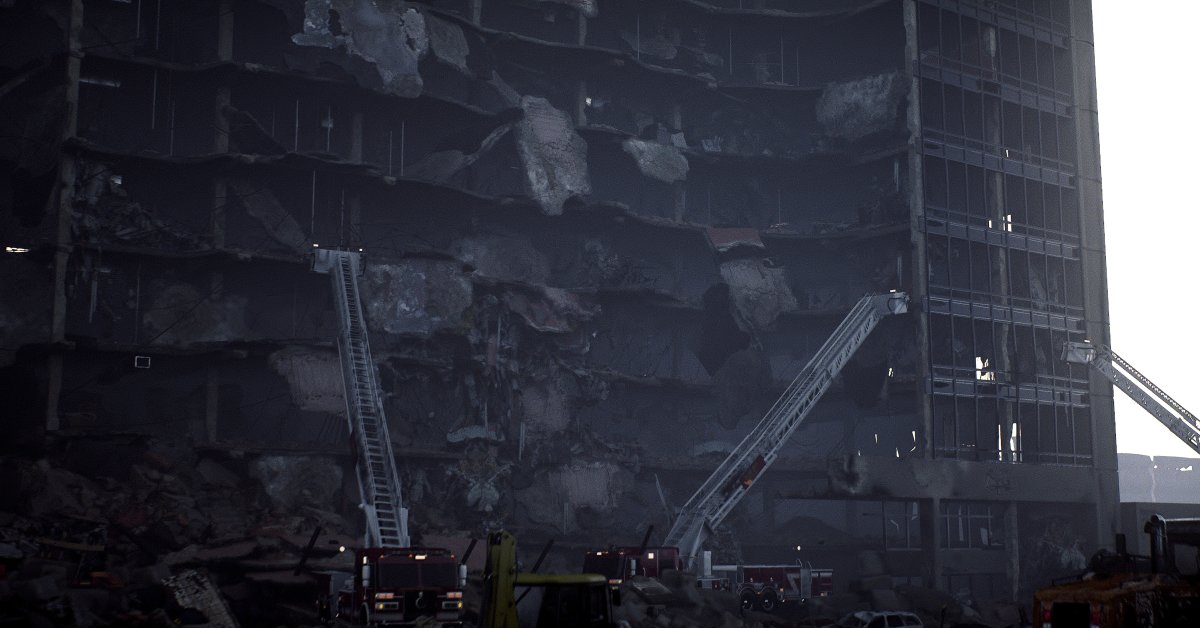Now Reading: What Netflix’s Oklahoma City Bombing Documentary Reveals About the Deadly Terror Attack
-
01
What Netflix’s Oklahoma City Bombing Documentary Reveals About the Deadly Terror Attack
What Netflix’s Oklahoma City Bombing Documentary Reveals About the Deadly Terror Attack

Thirty years ago, a truck bomb exploded at a federal office building in Oklahoma City, resulting in the death of 168 individuals, including 19 children, making it the deadliest act of domestic terrorism in the United States. TIME magazine reflected on the incident in a special issue, highlighting the incomprehensible nature of human actions compared to natural disasters like tornadoes that Oklahomans are accustomed to.
The attack was orchestrated by Timothy McVeigh, a former Army soldier with anti-government sentiments who was executed by lethal injection on June 11, 2001. A documentary titled “Oklahoma City Bombing: American Terror” revisits the tragic event, featuring interviews with law enforcement officials involved in the case, victims of the bombing, and recordings of McVeigh’s voice from interviews conducted by journalist Lou Michel while he was incarcerated.
The documentary delves into the sequence of events leading to McVeigh’s arrest, including encounters with law enforcement officers who played crucial roles in identifying and apprehending him. McVeigh’s connection to the bombing was established through evidence linking him to the explosion site, ultimately leading to his capture.
McVeigh was motivated by extremist ideologies fueled by the 1993 Waco siege and collaborated with individuals like Terry Nichols and Michael Fortier to carry out the bombing as an act of retribution against the government. While McVeigh showed no remorse for his actions, survivors of the Oklahoma City bombing continue to grapple with the trauma and loss inflicted that day.
The documentary features harrowing testimonies from survivors like Amy Downs, who was trapped in the rubble after the blast, as well as Renee Moore, who lost her six-month-old son in the daycare center at the site of the bombing. Moore, reflecting on McVeigh’s execution, expressed a desire for him to endure prolonged suffering in prison, emphasizing the enduring impact on survivors compared to the perpetrator’s fate.






